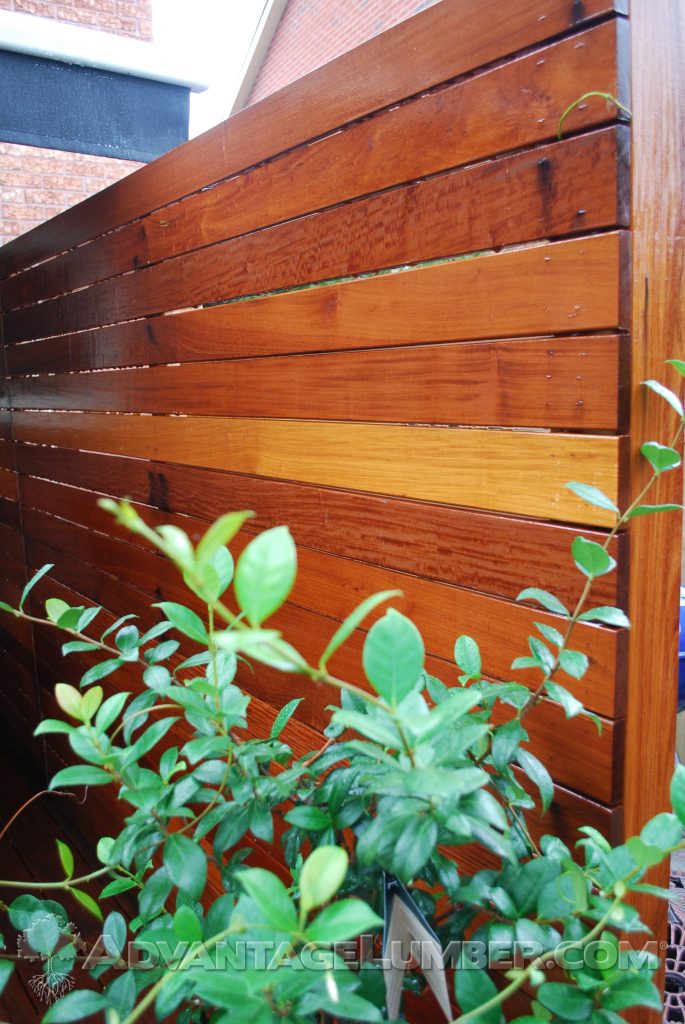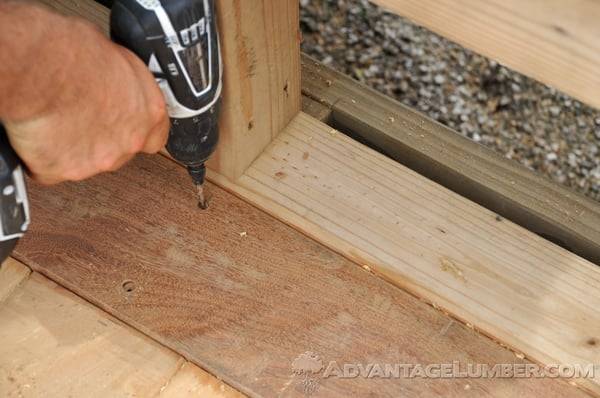At AdvantageLumber.com, we often hear from customers asking, “What size drill bit should I use for a #8 screw?” or “What size drill bit is best for a #10 screw?”
These are great questions, especially when working with premium hardwood decking like Ipe, Cumaru, Tigerwood, or Garapa. Selecting the correct drill bit size ensures a secure fit, prevents wood splitting, and makes installation smoother.
Let’s break it down and address why using stainless steel screws is critical for these projects.
Drill Bit Size for a #8 Screw
For a #8 screw, which is commonly used in hardwood decking for its balance of strength and size, the appropriate drill bit size depends on whether you’re drilling a pilot hole or a clearance hole:
- Pilot Hole (for the screw threads to bite into the wood): Use a 3/32-inch drill bit for the pilot hole in hardwoods like Ipe, Cumaru, Tigerwood, or Garapa. This size allows the screw to grip the dense wood without splitting it.
- Clearance Hole (for the screw shank to pass through freely): If you’re drilling through the deck board to allow the screw to pass without threading into the top board, use a 11/64-inch drill bit. This ensures the screw slides through the top board and threads securely into the joist below.
Drill Bit Size for a #10 Screw
For a #10 screw, which is slightly larger and often chosen for added holding power in thicker or heavier decking applications, the drill bit sizes are:
- Pilot Hole: Use a 7/64-inch drill bit for the pilot hole. This size accommodates the screw’s threads in dense hardwoods, reducing the risk of cracking or splitting.
- Clearance Hole: For the clearance hole, use a 3/16-inch drill bit. This allows the screw’s shank to pass through the deck board smoothly, ensuring a tight connection to the joist.
Why Pilot and Clearance Holes Matter
Hardwoods like Ipe, Cumaru, Tigerwood, and Garapa are incredibly dense, which makes them durable but also prone to splitting if not drilled properly. A pilot hole guides the screw and reduces stress on the wood, while a clearance hole (when needed) ensures the screw doesn’t bind in the top board, creating a cleaner, stronger installation.
Always pre-drill these hardwoods to achieve professional results and avoid damaging your decking.Use Stainless Steel Screws—It’s Non-Negotiable. When installing any of our hardwood decking, always use stainless steel screws.
This is critical to maintaining the beauty and longevity of your deck. Non-stainless steel screws, such as galvanized or coated screws, will react with the natural oils and tannins in hardwoods like Ipe, Cumaru, Tigerwood, or Garapa.

This reaction causes unsightly black stains around each screw, which can ruin the aesthetic of your deck and are difficult to remove.Stainless steel screws, on the other hand, are corrosion-resistant and won’t react with the wood, keeping your deck looking pristine for years.
They also provide superior strength and durability, making them the ideal choice for outdoor applications exposed to moisture and weather.
Pro Tips for Installing Hardwood Decking
- Pre-Drill Every Hole: Hardwoods are unforgiving. Always pre-drill pilot and clearance holes to prevent splitting and ensure a secure fit.
- Use High-Quality Bits: Invest in sharp, high-quality drill bits designed for hardwoods to avoid burning or dulling during installation.
- Choose the Right Screw Length: For most decking applications, #8 or #10 screws in lengths of 2 to 2.5 inches work well for securing 1-inch-thick decking to joists.
- Check Your Spacing: Ensure proper spacing between deck boards (typically 1/8 to 1/4 inch) to allow for expansion and drainage.
Conclusion
For #8 screws, use a 3/32-inch pilot hole and an 11/64-inch clearance hole. For #10 screws, opt for a 7/64-inch pilot hole and a 3/16-inch clearance hole. These sizes ensure a secure, split-free installation in dense hardwoods like Ipe, Cumaru, Tigerwood, and Garapa. Most importantly, stick to stainless steel screws to avoid black stains and maintain the stunning appearance of your deck.At AdvantageLumber.com, we’re here to help you build a beautiful, long-lasting hardwood deck. If you have more questions about fasteners, drill bits, or decking installation, reach out to our team or browse our selection of premium hardwoods and stainless steel screws today!
